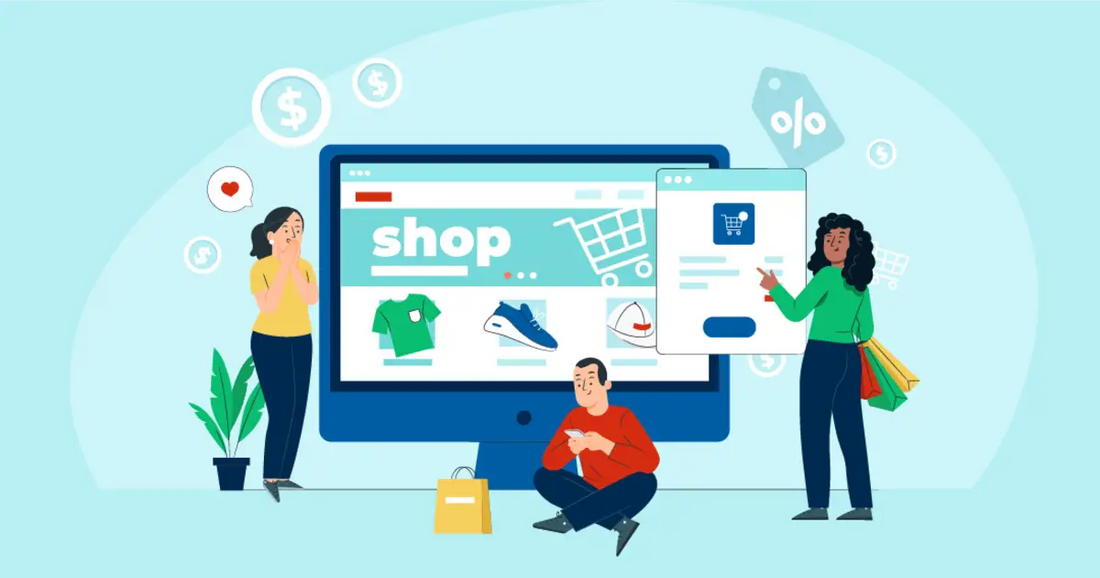Reverb is a fast-growing online marketplace that specializes in new, used, and vintage musical instruments and gear. As more and more musicians turn to the internet to buy and sell equipment, Reverb has emerged as a popular alternative to larger, more general marketplaces like eBay or Amazon. But is it worth selling on Reverb? In this blog post, we'll explore the advantages of the Reverb marketplace, its future growth prospects, and whether it's a good choice for sellers looking to expand their online presence.
- Niche Focus and Passionate Community
One of the main advantages of Reverb is its focus on a specific niche: musical instruments and gear. This allows sellers to target a highly engaged and passionate community of musicians and enthusiasts who are actively looking for products in this category. By catering to a niche audience, Reverb can offer a more personalized and curated shopping experience than larger marketplaces, which can translate into higher conversion rates and customer loyalty.
- Competitive Fees and Seller-Friendly Policies
Reverb offers competitive fees compared to other online marketplaces, with a flat 5% selling fee on most transactions. This lower fee structure can help sellers maintain healthy profit margins and potentially attract more customers with competitive pricing. Additionally, Reverb's seller-friendly policies, such as prompt payment processing and dedicated seller support, make it an appealing choice for sellers looking for a hassle-free selling experience.
- Future Growth Prospects
Since its launch in 2013, Reverb has experienced significant growth, with millions of users worldwide and thousands of new listings added daily. In 2019, Reverb was acquired by Etsy, a leading online marketplace for handmade and vintage items, further bolstering its credibility and resources. This acquisition has the potential to drive even more growth and innovation within the platform, making it an attractive option for sellers looking to tap into the expanding market for musical instruments and gear.
- Integrations and Marketing Tools
Reverb offers a range of integrations and marketing tools that make it easier for sellers to manage their inventory and promote their products. With the Reverb API, sellers can easily integrate their existing e-commerce platforms or inventory management systems, streamlining the selling process. Additionally, Reverb offers promotional tools like Google Shopping integration and social media sharing options, enabling sellers to reach a wider audience and drive more traffic to their listings.
Conclusion: Is Reverb a Good Marketplace for Sellers?
Based on its niche focus, competitive fees, future growth prospects, and seller-friendly features, Reverb presents a compelling opportunity for sellers in the musical instruments and gear market. By offering a platform that caters specifically to the needs and interests of musicians and enthusiasts, Reverb has the potential to deliver higher conversion rates and customer loyalty than more general marketplaces.
For sellers looking to expand their online presence or diversify their sales channels, Reverb is a promising option to consider. By tapping into the platform's passionate community and leveraging its resources and tools, sellers can capitalize on the growing demand for musical instruments and gear online and position themselves for long-term success in this expanding market.

